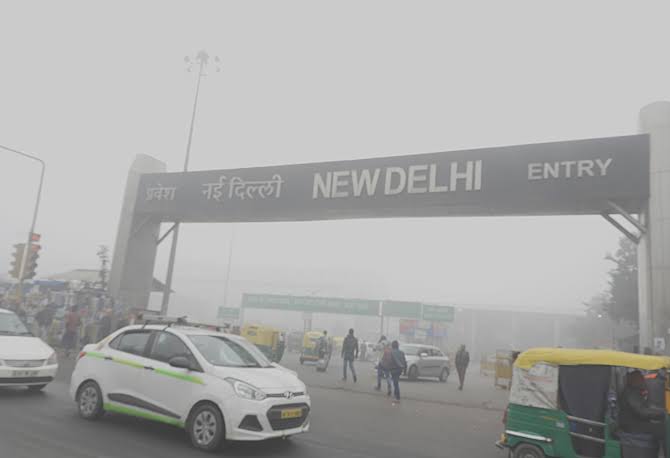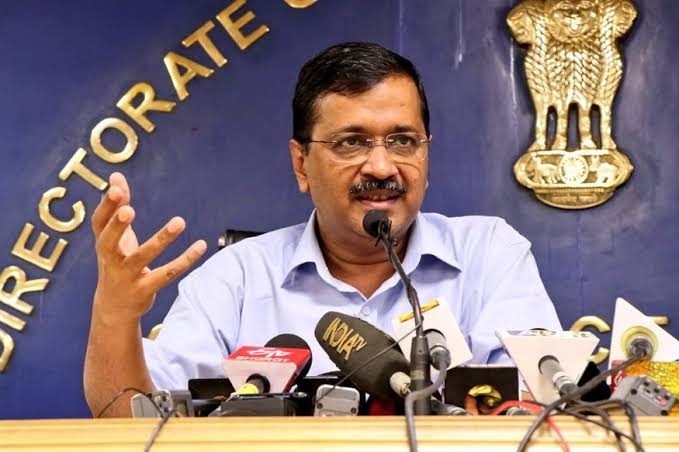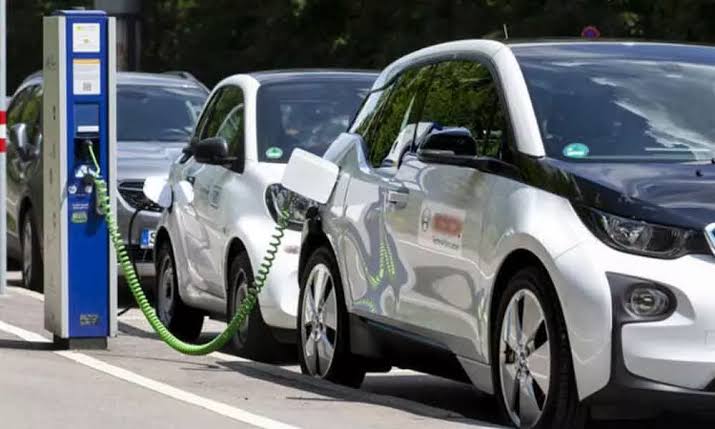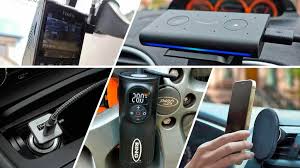No one is in the fog that Northern India is facing a bad case of pollution and smog. So much so that people have taken into the Internet to talk about the issue in the form of jokes and memes and make the people, ministers, and government aware of the situation.

And if you skip the funny side of the situation, you see everything that is wrong with the situation right now. Sports matches have been canceled, press meets have changed places, accident levels have been increased and things are visibly bad. Or maybe invisibly.
And it’s not that government hasn’t been trying to make amends to these things that are clearly slipping out of hand. A few months back, the Delhi government rolled out the odd-even scheme. An initiative, that was implemented to rationalize the traffic problems in Delhi, which would eventually curb the pollution.

File photo of Delhi’s Chief Minister Mr. Arvind Kejriwal
But asking people not to drive wasn’t exactly proving to be an effective solution, and to take a stronger measure, the Delhi cabinet has now passed the Electric Vehicle Policy.
What is it about?
The policy focuses on electric two-wheelers, shared transports, and commercial vehicles. This will help reduce the fuel-led vehicles on the road and encourage people to go for other electric alternatives.
Why was this implemented?
The normal air quality index in Delhi has always been around 150, but various factors have contributed to an increase in the number above 300. This number is an average count. In some areas of the city, the quality is as bad as 540. This called for some drastic measures to counter this rising issue.
What is the vision?
The bigger vision by this policy is to make the electric vehicle count to about 25%, and improve the Air Quality Index while at it. On this journey to 25%, the first milestone is to reach 35,000 e-vehicles and 250 charging stations within a year and more than 5 lakhs registration within a year.
How to get people on board with this?
Delhi government is rolling away a 100% subsidy to people purchasing charging units. The subsidy on this equipment is up to Rs. 6,000 for the first 30,000 charging points. And for people planning to buy electric vehicles, an incentive of Rs. 5,000 per kWh is to be given for two-wheelers.
Is this a good move?
For a policy that has just been implemented, it will be hard to judge the decision that early. But seeing the government take steps against fuel, it is a welcome relief for people being wary of rising petrol prices and the rising pollution.
And compared to the odd-even scheme, whose impact can be seen in a few days, this is something that will be implemented over time, and a large scale impact can be expected. So let’s support the environmentally friendly decision and hope for the best.
2




